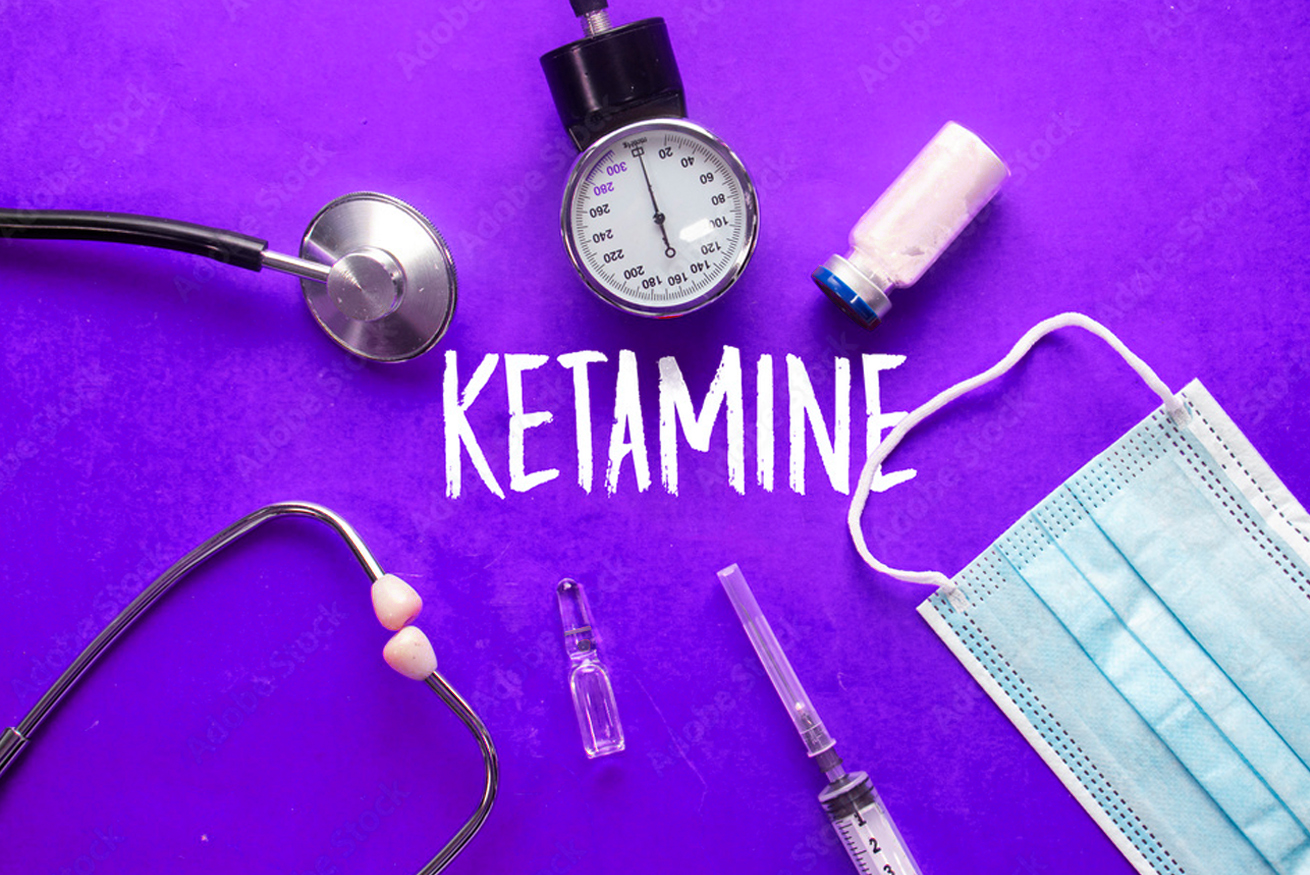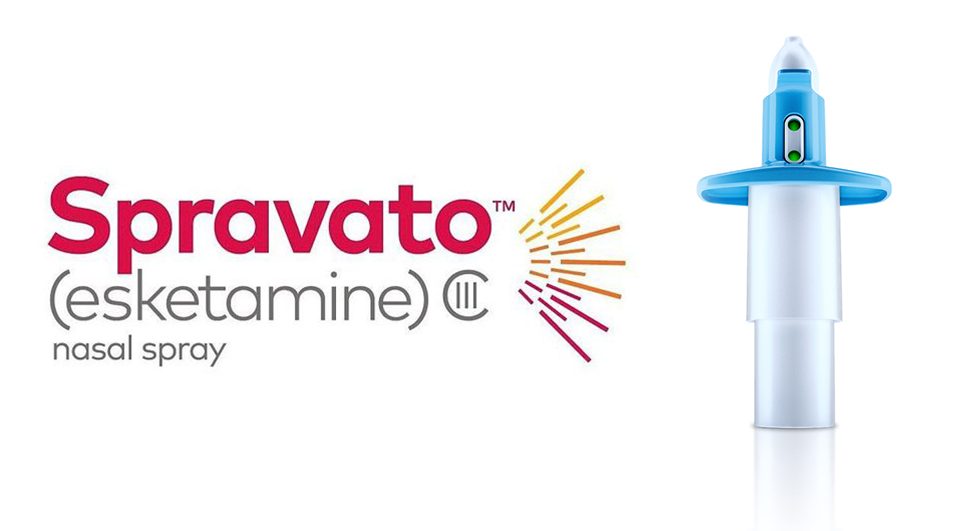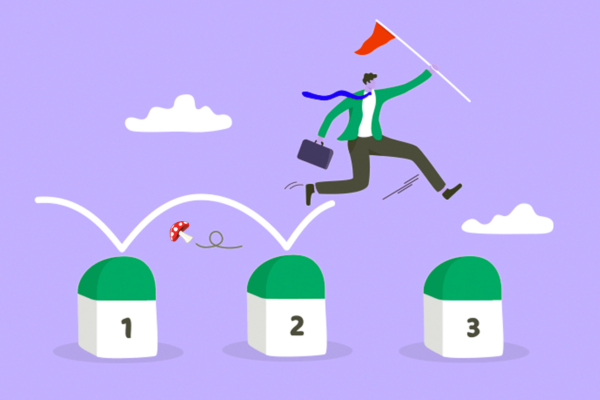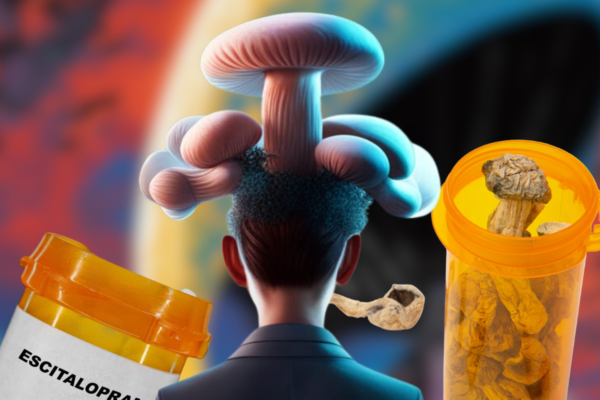
Ketamine therapy is becoming an increasingly popular treatment for a range of mental health issues, from depression and anxiety to PTSD. It has shown promising results as both a short-term and long-term option for many patients who suffer from these troubling conditions.
That being said, one of the most common questions from potential patients is – how much does ketamine therapy cost? In this article, we’ll explore in detail the possible costs associated with ketamine treatments and other related factors that may influence cost such as length of sessions or insurance coverage rates. We’ll also cover the general eligibility requirements you need to meet in order to be eligible for ketamine infusion treatments. So let’s dive in and answer all your burning questions about ketamine therapy’s pricing model.
When it comes to ketamine therapy, there are a variety of ways you can choose from: intravenous and intramuscular injections (IV/IM), sublingual tablets, or even intranasal sprays. Each method has its own total cost structure and program requirements that may bring different advantages in terms of time and emotional investment. Before deciding on the best option for your needs, make sure to carefully consider all available options.
Looking for ketamine therapy? Click here to find top rated ketamine clinics near you
Ketamine Infusion Cost
The cost of your individual ketamine infusion treatment will depend on several factors, including your geographic location, how many infusions you require, the administering facility, type of clinic and specialists providing the care, the safety protocols utilized during the therapy session, and more. Some centers may offer discounts based on a patient’s payment method used. On average, one session may cost between $400 – $1300. It’s important to understand that work with a trained and experienced practitioner is key to earning positive outcomes from ketamine infusions over time, so be sure to substantiate whether any savings are coming at a cost in terms of quality.
Ketamine Insurance coverage
In general, insurance companies do not typically cover ketamine treatments as ketamine is an off-label prescription. The good news is that some insurance companies may provide partial coverage of the total cost, so it definitely pays to check with your health insurer to see what your specific plan offers. Even if you decide to pay out-of-pocket, there may be ways to lower the total expense by exploring options such as online payment plans and flexible financing resources.

Esketamine, also known as Spravato when distributed in an intranasal ketamine-derivative spray, was granted FDA approval in 2019 to treat patients with treatment-resistant depression. Unfortunately, the amount of coverage is contingent upon your insurance provider and may vary between plans.
Ketamine Therapy as Employment Benefit
While it is unlikely that traditional health insurance providers will offer coverage for KAT and other psychedelic treatments as part of employer-sponsored health care plans until they are approved by the FDA – some employers are finding ways to include legal options in their healthcare plans. Enthea, a startup third-party administrator of health insurance plans offering psychedelic healthcare as a workplace benefit has approximately 50 companies interested in adding KAT to their employees’ health plans. In 2022, Enthea partnered with Dr. Bronner’s natural soap brand, which made the company the first employer to add ketamine-assisted psychotherapy to its health insurance plans. The treatment includes medical and psychiatric evaluation, preparatory sessions, ketamine IV infusions, and integration therapy sessions with the goal to help patients to integrate their experiences and incorporate the desired changes into their lives. Enthea already has ketamine-assisted therapy on benefit plans in California, New York, and Texas.
For more information on ketamine-assisted therapy employment benefits and Enthea, watch:
Ketamine Cost for Depression
Ketamine infusions for depression usually cost between $400 – $800 per treatment and usually require a series of 6 treatments over 2-3 weeks or 4 treatments over 1-2 weeks. It is important to talk to your doctor about how many treatments you may need, as well as looking into which clinics offer the best discounted rates if you are required to pay for a full set of ketamine infusions upfront. The good news is, ketamine infusions are reported to offer realistic and lasting relief from the crippling effects of depression without the damaging side effects linked with other medications.
Ketamine Cost for Pain
Ketamine is increasingly being used to treat pain, but the cost associated with the treatments can be high. Ketamine infusions for pain typically range from around $700 to $2000 per treatment, depending on a variety of factors. Some medical professionals opt for a single infusion, while others decide to go with multiple infusions.
This may seem expensive as compared to traditional medications that are available, however ketamine infusions often require a higher dosage and may also last longer than other treatments. Ketamine cost for pain should be discussed in detail with your healthcare provider before making any decisions when it comes to finding the right treatment option.
Ketamine for Other Mental Health Conditions
While ketamine therapy is largely employed for treatment-resistant depression, recent studies suggest that this revolutionary technique can also assist in the relief of other ailments such as anxiety, alcohol use disorder, PTSD and suicidal ideation.
Like for the treatment of depression, ketamine therapy for PTSD, alcohol use disorder, OCD and other conditions is usually charged by the treatment, costing between $400 to $800 per session. Each patient may require anywhere from a few treatments to as much as a dozen or more infusions in order to successfully treat complex psychiatric symptoms.
Ketamine therapy has no standard guidelines and the doctors treating these conditions with ketamine use different dosing strategies to tailor specifically to their patients. Therefore, it is important that anyone considering this type of treatment focuses on the quality of care they will receive versus simply relying on cost alone.
Who Is Eligible for Ketamine Therapy?
To be qualified to receive this therapy, potential patients need to consider whether these conditions apply:
- They have exhausted all conventional treatments and dosages, yet still find themselves without relief from their distressing symptoms.
- They have already explored different treatments, such as Transcranial Magnetic Stimulation (TMS).
- Despite engaging in group or individual Cognitive Behavioral Therapy (CBT) or therapy sessions, patients haven’t seen results.
- They do not have any of the potential health risks
Who Is Not Eligible for Ketamine Therapy?
According to the Toronto Ketamine Clinic, certain people may not be qualified to receive ketamine IV therapy. These include:
- Patients with a primary diagnosis other than major depressive disorder (MDD) or bipolar 1 and 2 are excluded from eligibility.
- Patients who have been diagnosed with psychosis, irrespective of whether it is a sign or symptom of MDE.
- Individuals suffering from neurocognitive dysfunction, including dementia diagnoses.
- Patients experiencing symptoms from traumatic brain injury.
- Individuals who do not satisfy the DSM-5 criteria for Substance Use Disorder, yet still use illegal drugs must abstain from all such narcotics at least one month prior to their first infusion treatment with TKC and carry on being drug free throughout treatment.
- After reviewing each case individually, adults with PTSD or OCD may be considered for treatment even if they have a primary diagnosis other than MDD or BD.
- Patients who are not in a position to give written consent for ketamine therapy.
- Individuals with uncontrolled high blood pressure.
- Patients who have had allergies to ketamine or any prior reactions.
- Patients who are pregnant or are planning on getting pregnant within 12 weeks following their treatment, those with hepatic impairment (Classes Pugh b or c), recent atrial infarction history, vascular disease, and any other medical conditions viewed as contraindications for ketamine usage by anesthetists should not receive this medication.
If you’re considering ketamine therapy, it’s important to understand the potential cost and how insurance may or may not cover treatment. Each patient’s case is unique, so it’s hard to estimate an average cost of ketamine therapy.
Ketamine therapy sessions can be incredibly impactful, allowing us to unearth forgotten parts of ourselves and uncover new perspectives. They also help process difficult emotions or trauma that we are struggling with. But the real work doesn’t end when your session does – it’s essential you take time for integration after each experience too.
If you’re interested in integrating your ketamine sessions, here are 6 powerful ways to help you integrate your ketamine therapy experience.
References:
Jansen, K. (2004). Ketamine: Dreams and Realities. Sarasota, FL: MAPS. Retrieved from: https://amzn.to/2BBI9Mj.
Erowid. (2007). Ketamine Effects. Retrieved from: https://erowid.org/chemicals/ketamine/ketamine_effects.shtml.





